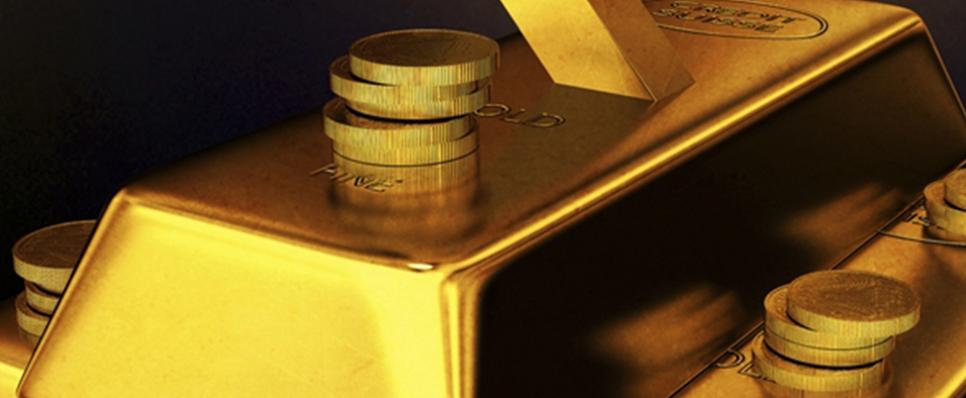Published: 04 Sep 2017
Will hawkish monetary policy from global banks play on gold prices?

Gold prices are sensitive to comments from central bankers around the world, as also the action from them on interest rates and monetary accommodation.
First, to understand the impact of hawkish and dovish comments, we need to know what these signify. A hawkish action or hawkish comments mean that interest rates could go higher or monetary policy easing could no longer be accommodative. When central banks start talking in hawkish terms, this can cause a drop in the gold price.
On the other hand, dovish comments mean that monetary easing could continue, and so does the lower interest rates. When this happens, it could have a positive impact on prices and gold could rally.
This also tends to affect the dollar. A weaker dollar provides gold with a tailwind. Recently, US Federal Reserve officials said that they were in favour of shrinking the Fed's Balance sheet and hiking interest rates.
In Europe too, there are reports that the accommodative policy of the European Central Bank would soon be withdrawn.
Does this really impact gold prices?
There has been no significant impact of interest rate hikes in the past. In fact, the US has increased interest rates in the near past. It first began raising interest rates in December 2016, which hardly had any impact on the gold price. In countries like India, there are a host of factors that determine gold prices, apart from the policies of central banks. In the past few decades, gold prices in India have rallied due to a falling rupee, irrespective of global central bank action.
Additionally, the frequent changes in duties have also impacted gold prices. Not only India, in general, we have hardly seen a decline in gold prices in the international market quoted in dollar terms. In fact, commodities like crude oil have collapsed in the last few years, even as gold prices continue to remain well supported.
It is unlikely that central banks across the globe would adopt a very hawkish policy, given that demand and growth rates across the globe continue to remain fragile. Even so, the belief that hawkish monetary policy would cause gold prices to collapse is far-fetched. Demand across the globe for gold continues to be strong, with investors increasingly using it as a diversification tool.











